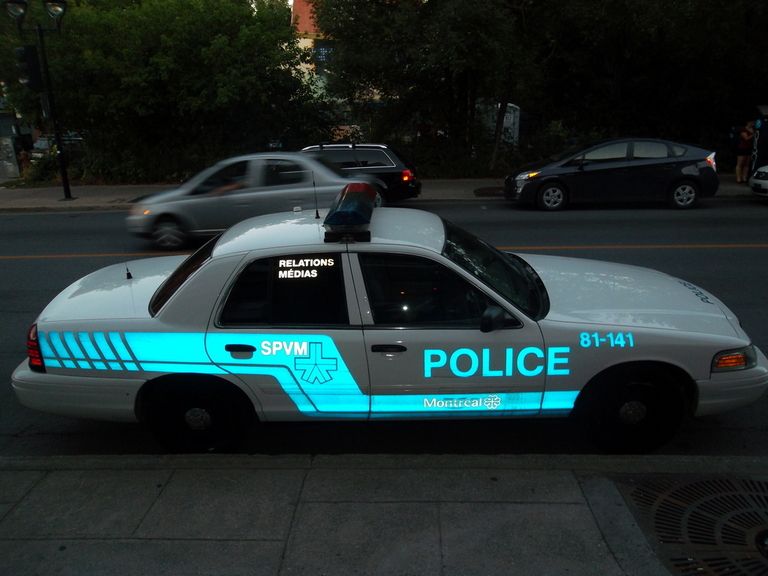In the United States, we are fortunate to be protected by a number of important rights found in the U.S. Constitution as well as within each individual state constitution.
One of your most important rights is found in the 4th Amendment, the right against unreasonable searches and seizures.
Although the 4th Amendment calls for a warrant to be issued before a search and seizure can take place, that requirement has been watered down over the years, leaving a good deal of confusion concerning what type of search does, and does not, require a warrant.
Is it legal for the police to enter your yard without a warrant, for example?
The 4th Amendment reads as follows:
- “The right of the people to be secure in their persons, houses, papers, and effects, against unreasonable searches and seizures, shall not be violated, and no Warrants shall issue, but upon probable cause, supported by Oath or affirmation, and particularly describing the place to be searched, and the persons or things to be seized.”
4th Amendment Overview
While the amendment specifically calls for a warrant before law enforcement can conduct a search and seizure, the U.S. Supreme Court, or SCOTUS, has carved out a number of exceptions to the warrant requirement over the years. Despite these exceptions, your home remains heavily protected by the 4th Amendment.
Searching a home requires a warrant except under one of four narrow exceptions – search incident to arrest, plain view, exigent circumstances, and consent. The warrant requirement that applies to a search of your home has been extended by the courts to the “curtilage”, which refers to the zone of privacy that surrounds your home.
Exactly how far the curtilage extends is something decided on a case by case basis and is largely based on an analysis of the “expectation of privacy” the owner/occupier of the home would have in the area in question. The “expectation of privacy” is an important concept that provides the foundation for most 4th Amendment debates.
The higher the expectation of privacy a person would reasonably have in an area the less likely the court would be to allow a warrantless search.
For instance, if your yard has a high fence with “no trespassing signs” and the police enter the yard at night when the lights are out and it is clear that the occupants are not welcoming members of the public, the court would likely require a warrant.
Conversely, if there is no fence, it is daytime, and you are having a yard sale a warrant might not be required.
Need Help From A Nebraska Criminal Defense Attorney? Contact Our Office Today
Because the legality of most searches and seizures is highly fact sensitive it is in your best interest to consult with an experienced Nebraska criminal defense attorney who can analyze the unique circumstances of your case and discuss your legal options.
Contact Petersen Criminal Defense Law 24 hours a day at 402-509-8070 to discuss your case with an experienced criminal defense attorney.



